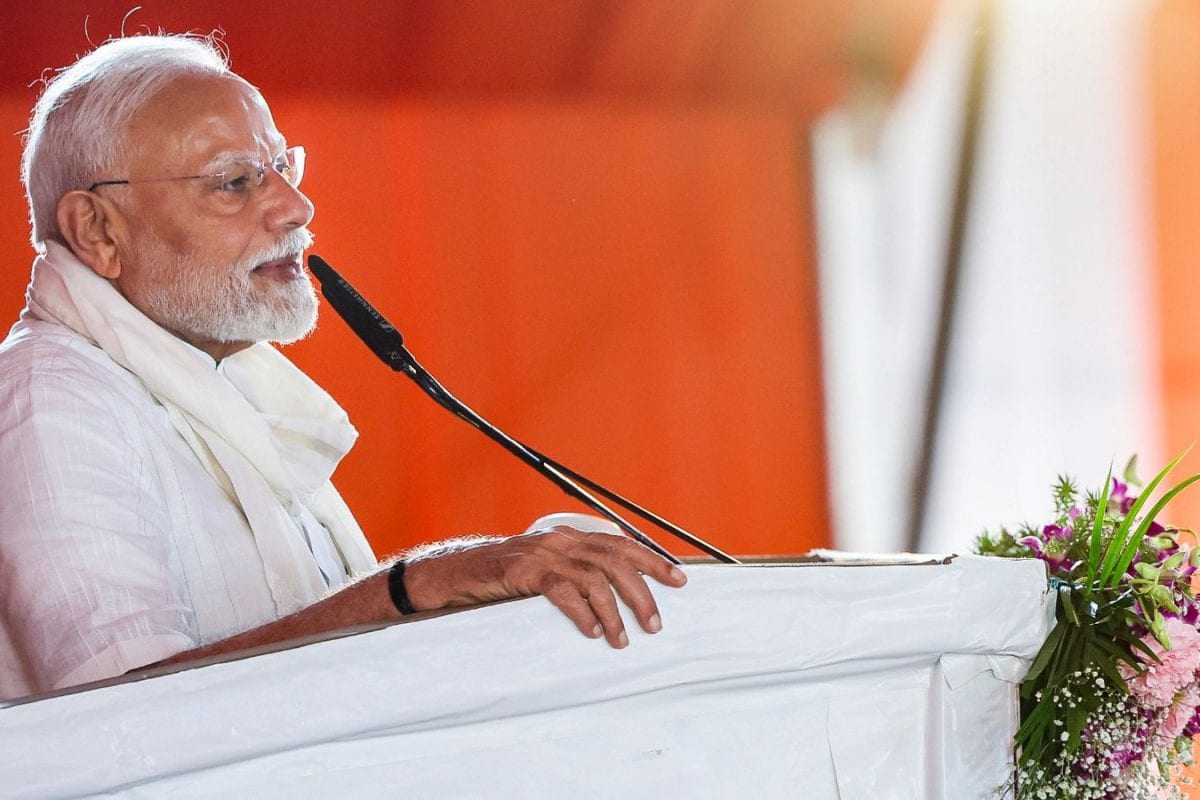

Amidst a global debate over trade tariffs and economic strategies, Prime Minister Narendra Modi has emphasized the importance of India remaining vigilant about its own interests. This statement comes in the wake of recent trade actions by the United States, including the imposition of a 25% tariff on certain Indian goods, sparking discussions about the future of India-US trade relations and India's broader economic strategy.
The Prime Minister's message underscores the government's commitment to prioritizing the welfare of Indian farmers, small industries, and the nation's youth. In a recent address, Modi asserted that India is on track to become the world's third-largest economy and must, therefore, remain watchful of its economic interests. He also appealed to the business community to prioritize indigenous goods, framing it as a service to the nation and a tribute to Mahatma Gandhi.
India's stance is that while it is open to trade negotiations, it will not compromise on its core interests or be pressured into unfavorable deals. Commerce Minister Piyush Goyal has emphasized the government's commitment to protecting its stakeholders and promoting the welfare of farmers, workers, entrepreneurs, and MSMEs. India has made it clear that agriculture, dairy, and genetically modified (GM) crops are non-negotiable in any trade deal. The government is firm on not allowing imports of GM crops and will not relax on matters linked to religious sensitivities, including non-vegetarian milk and beef products.
Despite the challenges posed by the new tariffs, India remains optimistic about its economic prospects and the resilience of its partnership with the United States. The Ministry of External Affairs (MEA) has stated that the India-US relationship has weathered various transitions and challenges and remains focused on a substantive agenda. MEA spokesperson Randhir Jaiswal has affirmed the strength of the defense ties between the two countries, emphasizing the potential for further growth in the defense partnership.
India is also exploring alternative strategies to mitigate the impact of the tariffs and bolster its economic resilience. These include increasing imports of US natural gas and tech, fast-tracking trade deals with other partners such as the EU, Chile, and Oman, and strengthening domestic production and demand. The government may consider extending manufacturing incentives or launching a stimulus to boost domestic demand.
India has been actively pursuing trade agreements with various countries and regions. In recent years, India has finalized free trade agreements (FTAs) with the UK and is in discussions with the US for a bilateral trade agreement. Negotiations are also ongoing with the European Union for trade, investment protection, and geographical indications.
India's foreign trade has seen significant growth over the past few decades, with exports and imports increasing substantially. The country's total exports for April–November 2024 are estimated at US$536.25 billion, reflecting a 7.61 percent increase from the same period in 2023. Merchandise exports reached US$284.3 billion, showing moderate growth of 2.17 percent compared to the previous year.
As India navigates the complexities of the global trade landscape, the government remains committed to protecting its national interests and promoting economic growth. While challenges remain, India's strong economic fundamentals, diverse trade relationships, and focus on domestic growth provide a solid foundation for navigating the future. The emphasis on self-reliance and the welfare of its citizens will continue to guide India's economic policies and trade negotiations.